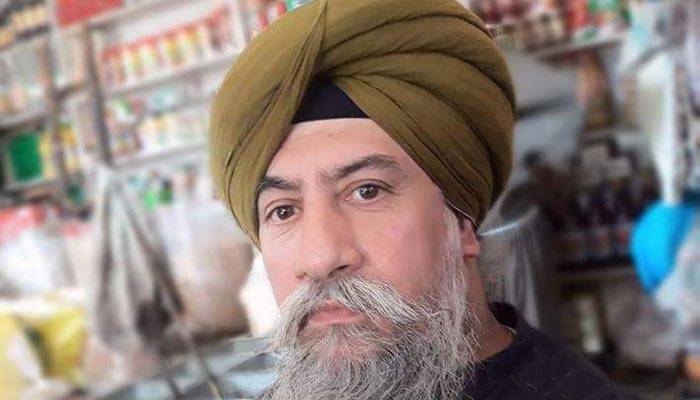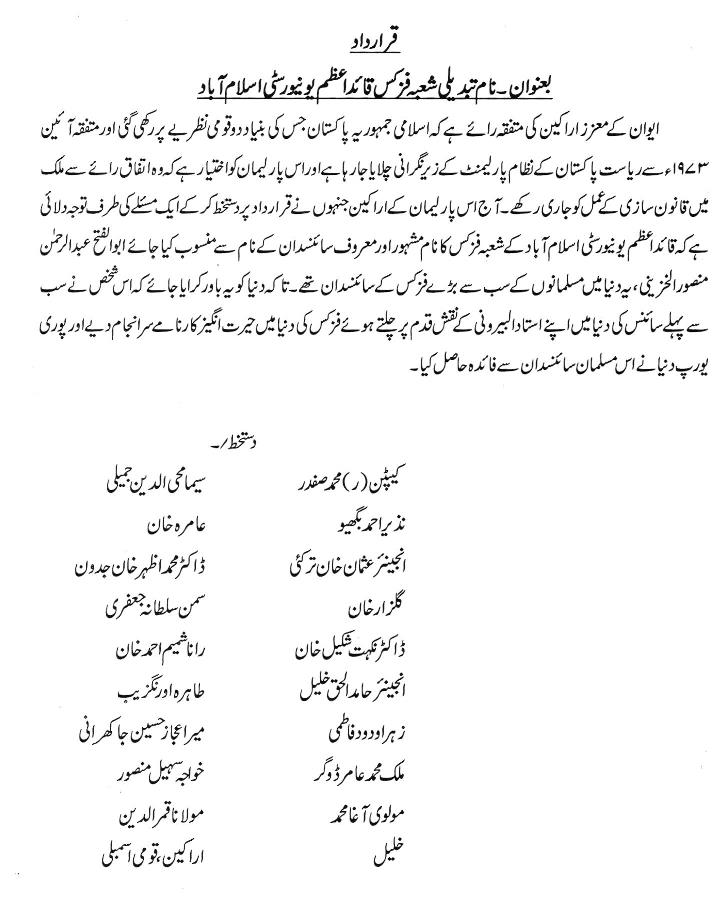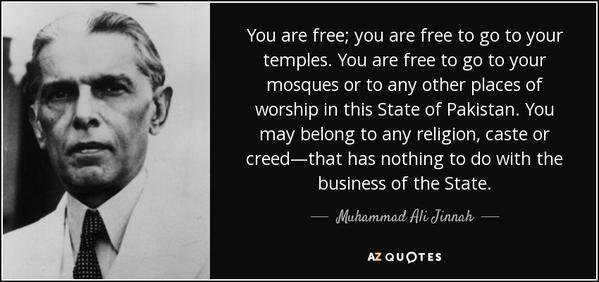
Amid a constant state of updates signalling an impending doom, I come across news promising some positivity and peace in an otherwise realm of despondency and anger. Harmeet Singh, a resident of Khyber Pakhtunkhwa (KP) city Chakesar, has joined a newly launched private TV news channel as the first Pakistani Sikh news anchor. A graduate in journalism from Karachi University, Singh made strides earlier in the field as a columnist and a news reporter.
Earlier, Pakistani Sikh Manmeet Kaur had made waves when hired by another news channel as a news reporter. A bright faced young girl, Manmeet belongs to Peshawar, the state capital of the same province from which fellow journalist Harmeet Singh hails. She is a graduate of social sciences and is expected to report on social and minority issues. Manmeet feels confident that she would set precedence in the country and pave way for many more budding journalists from the Sikh minority.
https://www.youtube.com/watch?v=-YhhvP7nbis&t=1s
But this happy news is marred by an overwhelming act of hatred – with another Pakistani Sikh in the headlines and Peshawar again as the source. Those who believe in interfaith harmony and peace have been deploring the recent murder of Charanjeet Singh, a Sikh community leader who was shot dead by unidentified armed men in his grocery store in Peshawar. He had been running the shop for 30 years and was an active member of various organisations promoting interfaith harmony.
The killing of Charanjeet Singh is the first attack on Sikhs in Peshawar in four years. In the last incident in 2014, Jagmohan Singh was killed while Bahram Singh and Manmit Singh were wounded when attacked at their shops. Sardar Soran Singh, an adviser to the chief minister on minority affairs, was shot dead by unknown gunmen in his native Buner district. He was an active leader of the Pakistan Tehreek-e-Insaf.
https://www.youtube.com/watch?v=194_P9aHlfM
These worrying incidents occurred despite the fact that Sikhs in Peshawar enjoy cordial relations with the local Muslims since living in the province for years. In fact, the Sikh community has been arranging Iftar for Muslims during Ramazan at different parts of Peshawar.
The attacks are also reflective of an increasingly intolerant society in Pakistan, where petty clashes or differences in opinion turn into charges of blasphemy. While mostly minority citizens of the country are targeted in such manner, in some cases, like that of Mashal Khan – yet another tragic incident arising in KP – even fellow Muslims are not spared.
But KP is not the only province where intolerant attitudes towards non-Muslims or minorities are displayed. Last month, more than 30 employees of a Tehsil municipal committee escorted by police demolished Hakeem Hasam Uddin building in Sialkot, while roughly 600 miscreants destroyed an Ahmadi worship place near the building. The worship place and building vandalised by the mob possessed historical significance for the Ahmadi community and had been in place for more than a century.
Earlier, a shocking display of hatred against the persecuted community was made at the state level. Recently, a member of the now dissolved National Assembly presented a resolution for renaming the National Centre for Physics at a prestigious university in the capital. The department was named after Professor Abdus Salam, Pakistan’s first Nobel laureate – and an Ahmadi. The resolution was passed and the department was suggested to be renamed after a 12th century Muslim scientist.
Resolution passed by National Assembly

In the last prominent case of prejudice and persecution against the Christians – another marginalised minority of Pakistan – Sajid Masih was brutally tortured during an interrogation with the Federal Investigation Agency (FIA) over a cybercrime involving blasphemy charge. Masih went on to allege that the FIA officers were coercing him and his cousin – the main accused – into sexually assaulting one another before he decided to jump from the window.
231 minority Pakistanis killed, 691 injured in 2017
The annual report of the United States Commission on International Religious Freedom (UNCIRF) revealed that ‘in 2017, religious minorities in Pakistan, including Hindus, Christians, Sikhs, Ahmadis…continued to face attacks and discrimination from extremist groups and society at large.’ As a result, as many as 231 people were killed and 691 injured in such incidents in Pakistan last year.
What Justice Munir commission noted about mullahs in Pakistan
Farhanaz Ispahani, media advisor to the President of Pakistan from 2008 to 2012, has noted that the population in Pakistan of religious minorities decreased from 23% in 1947 to around 3-4% of the population today. In her research paper aptly titled ‘Pakistan’s descent into Religious Intolerance’, Ispahani quotes a judicial inquiry commission concluding in 1954, comprising Supreme Court Justice Muhammad Munir and Punjab High Court Justice Muhammad Rustam Kayani. The commission had interviewed almost all the leading clerics of the time and while they often considered each others’ beliefs as incompatible to Islam, ‘they only seemed to agree on their contempt for and opposition to non-Muslims.’ One of the most noteworthy findings of the Munir Commission was related to the Islamist leaders’ attitudes towards non Muslims, that ‘they will not be full citizens of Pakistan because they will not have the same rights as Muslims. They will have no voice in the making of the law, no right to administer the law and no right to hold public offices.’
What we witness today is an unabashed practice of this belief sweeping across the nation. In our daily lives, most Muslims, proud of their heritage, do not hesitate in showing contempt towards non Muslim Pakistanis, increasingly making them realise that they are the unprivileged. They forget that the foundation of this country was laid on this very biased attitude which Muslims had to suffer in India before independence. Today, now that they are in a majority, instead of protecting and embracing the weaker as fellow citizens of the country, Muslims go to the extent of even taking the lives of those who do not belong to their community, on the basis of their faith.
This is a far cry from the promise Muhammad Ali Jinnah made to the non Muslims just before independence, that ‘You are free; you are free to go to your temples. You are free to go to your mosque or to any other place of worship in this State of Pakistan.’ When someone’s place of worship is demolished just because it doesn’t comply with the sentiments of the majority, when someone is killed for their faith, when someone is subjected to ridicule and pain because their belief is shared by few, what freedom will that person experience?

In a weak attempt to soften the tone, I may mention the recent passing of Sindh Hindu Marriage Amendment Bill which allows women in strained marriages to file for separation and grants Hindu women the right to remarry six months after separating from her spouse or his demise. A commendable move, but laws can only provide legal frameworks; they do not change the attitude of the society. Just like the bill passed in 2016 in Sindh outlawing forced conversions has not entirely stopped the acts in the province. To bring a change, the society needs to learn tolerance and practice patience and respect towards others, especially those who, inaccurately, are called the less privileged.
Earlier, Pakistani Sikh Manmeet Kaur had made waves when hired by another news channel as a news reporter. A bright faced young girl, Manmeet belongs to Peshawar, the state capital of the same province from which fellow journalist Harmeet Singh hails. She is a graduate of social sciences and is expected to report on social and minority issues. Manmeet feels confident that she would set precedence in the country and pave way for many more budding journalists from the Sikh minority.
https://www.youtube.com/watch?v=-YhhvP7nbis&t=1s
But this happy news is marred by an overwhelming act of hatred – with another Pakistani Sikh in the headlines and Peshawar again as the source. Those who believe in interfaith harmony and peace have been deploring the recent murder of Charanjeet Singh, a Sikh community leader who was shot dead by unidentified armed men in his grocery store in Peshawar. He had been running the shop for 30 years and was an active member of various organisations promoting interfaith harmony.
The killing of Charanjeet Singh is the first attack on Sikhs in Peshawar in four years. In the last incident in 2014, Jagmohan Singh was killed while Bahram Singh and Manmit Singh were wounded when attacked at their shops. Sardar Soran Singh, an adviser to the chief minister on minority affairs, was shot dead by unknown gunmen in his native Buner district. He was an active leader of the Pakistan Tehreek-e-Insaf.
https://www.youtube.com/watch?v=194_P9aHlfM
These worrying incidents occurred despite the fact that Sikhs in Peshawar enjoy cordial relations with the local Muslims since living in the province for years. In fact, the Sikh community has been arranging Iftar for Muslims during Ramazan at different parts of Peshawar.
The attacks are also reflective of an increasingly intolerant society in Pakistan, where petty clashes or differences in opinion turn into charges of blasphemy. While mostly minority citizens of the country are targeted in such manner, in some cases, like that of Mashal Khan – yet another tragic incident arising in KP – even fellow Muslims are not spared.
But KP is not the only province where intolerant attitudes towards non-Muslims or minorities are displayed. Last month, more than 30 employees of a Tehsil municipal committee escorted by police demolished Hakeem Hasam Uddin building in Sialkot, while roughly 600 miscreants destroyed an Ahmadi worship place near the building. The worship place and building vandalised by the mob possessed historical significance for the Ahmadi community and had been in place for more than a century.
Extremist mob demolishing the Ahmadiyya worship place in Sialkot, Pakistan. pic.twitter.com/rdQfINextT
— NayaDaur (@nayadaurpk) May 24, 2018
Earlier, a shocking display of hatred against the persecuted community was made at the state level. Recently, a member of the now dissolved National Assembly presented a resolution for renaming the National Centre for Physics at a prestigious university in the capital. The department was named after Professor Abdus Salam, Pakistan’s first Nobel laureate – and an Ahmadi. The resolution was passed and the department was suggested to be renamed after a 12th century Muslim scientist.
Resolution passed by National Assembly

In the last prominent case of prejudice and persecution against the Christians – another marginalised minority of Pakistan – Sajid Masih was brutally tortured during an interrogation with the Federal Investigation Agency (FIA) over a cybercrime involving blasphemy charge. Masih went on to allege that the FIA officers were coercing him and his cousin – the main accused – into sexually assaulting one another before he decided to jump from the window.
231 minority Pakistanis killed, 691 injured in 2017
The annual report of the United States Commission on International Religious Freedom (UNCIRF) revealed that ‘in 2017, religious minorities in Pakistan, including Hindus, Christians, Sikhs, Ahmadis…continued to face attacks and discrimination from extremist groups and society at large.’ As a result, as many as 231 people were killed and 691 injured in such incidents in Pakistan last year.
Also read: In-depth: How Pakistanis celebrated destruction of an Ahmadi worship place
What Justice Munir commission noted about mullahs in Pakistan
Farhanaz Ispahani, media advisor to the President of Pakistan from 2008 to 2012, has noted that the population in Pakistan of religious minorities decreased from 23% in 1947 to around 3-4% of the population today. In her research paper aptly titled ‘Pakistan’s descent into Religious Intolerance’, Ispahani quotes a judicial inquiry commission concluding in 1954, comprising Supreme Court Justice Muhammad Munir and Punjab High Court Justice Muhammad Rustam Kayani. The commission had interviewed almost all the leading clerics of the time and while they often considered each others’ beliefs as incompatible to Islam, ‘they only seemed to agree on their contempt for and opposition to non-Muslims.’ One of the most noteworthy findings of the Munir Commission was related to the Islamist leaders’ attitudes towards non Muslims, that ‘they will not be full citizens of Pakistan because they will not have the same rights as Muslims. They will have no voice in the making of the law, no right to administer the law and no right to hold public offices.’
Foundation of this country was laid on this very biased attitude which Muslims had to suffer in India before independence
What we witness today is an unabashed practice of this belief sweeping across the nation. In our daily lives, most Muslims, proud of their heritage, do not hesitate in showing contempt towards non Muslim Pakistanis, increasingly making them realise that they are the unprivileged. They forget that the foundation of this country was laid on this very biased attitude which Muslims had to suffer in India before independence. Today, now that they are in a majority, instead of protecting and embracing the weaker as fellow citizens of the country, Muslims go to the extent of even taking the lives of those who do not belong to their community, on the basis of their faith.
This is a far cry from the promise Muhammad Ali Jinnah made to the non Muslims just before independence, that ‘You are free; you are free to go to your temples. You are free to go to your mosque or to any other place of worship in this State of Pakistan.’ When someone’s place of worship is demolished just because it doesn’t comply with the sentiments of the majority, when someone is killed for their faith, when someone is subjected to ridicule and pain because their belief is shared by few, what freedom will that person experience?

In a weak attempt to soften the tone, I may mention the recent passing of Sindh Hindu Marriage Amendment Bill which allows women in strained marriages to file for separation and grants Hindu women the right to remarry six months after separating from her spouse or his demise. A commendable move, but laws can only provide legal frameworks; they do not change the attitude of the society. Just like the bill passed in 2016 in Sindh outlawing forced conversions has not entirely stopped the acts in the province. To bring a change, the society needs to learn tolerance and practice patience and respect towards others, especially those who, inaccurately, are called the less privileged.
